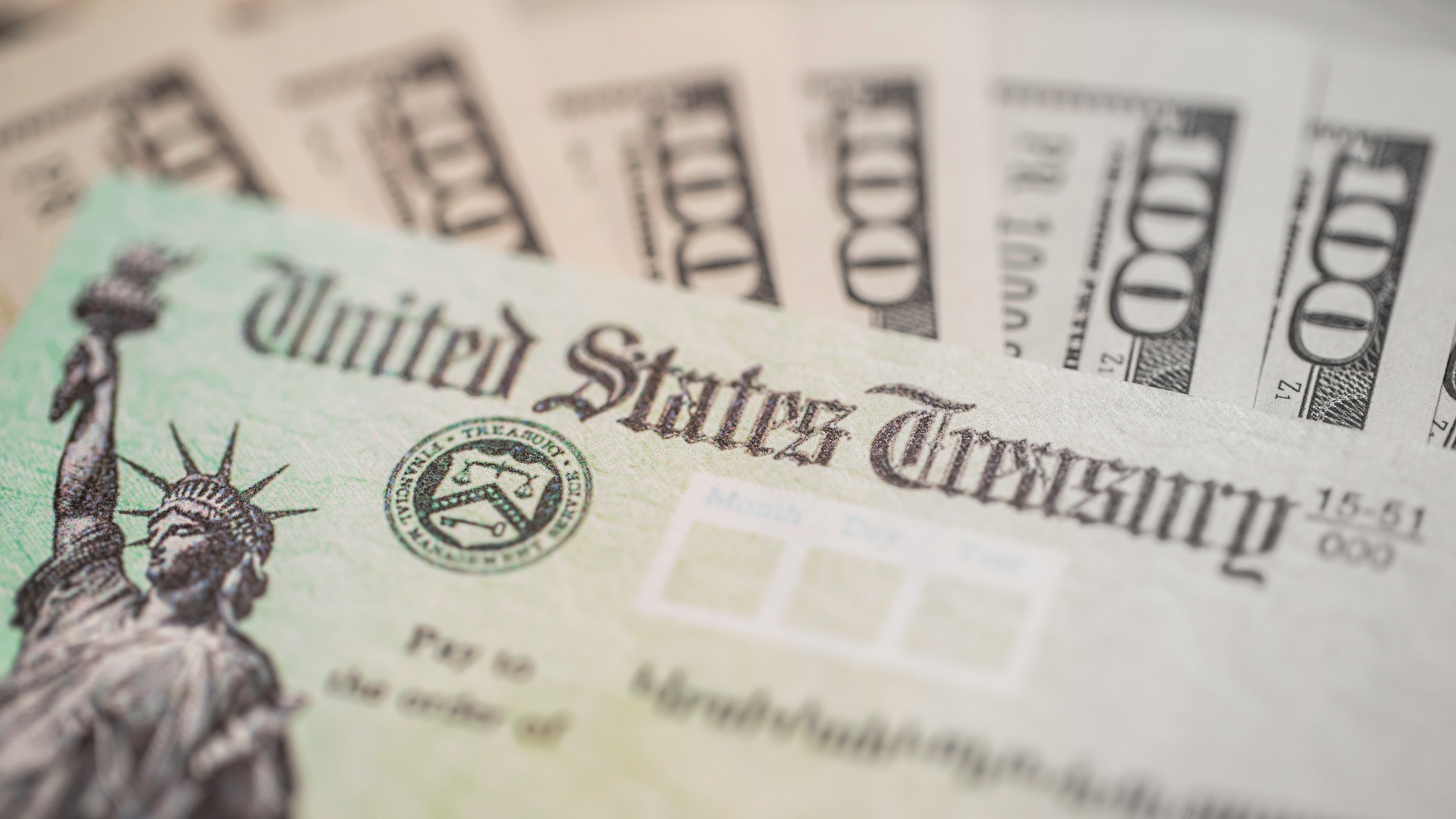Unemployment pay, guaranteed
Automatic action at the outset of a recession could have economic advantages.

Unemployment insurance usually lasts 26 weeks in the US, but Congress sometimes extends the benefits during especially bad economic times—usually after debate. A study co-directed by MIT economist Jonathan Gruber says making this automatic under certain conditions, such as significant rises in the jobless rate, would offer security to workers without adding costs.
The researchers, who used Bureau of Labor Statistics data to simulate each state’s labor market from 1996 to 2019, modeled the outcomes that would result from various policies. Overall, the size of the benefits (and hence the expenditures) that the model produced was very close to what Congress approved in the wake of recessions.
“The advantage of automatic triggers is you resolve uncertainty,” Gruber says, “and it wouldn’t actually cost much more than the existing system because Congress extends benefits anyway.” But making such a policy law might require a change in the way the Congressional Budget Office evaluates the cost of taking that step.
Though unemployment is low now, he says, the experience of the early covid-19 pandemic, when millions lost their jobs, shows how important such a change could be.
Keep Reading
Most Popular
Large language models can do jaw-dropping things. But nobody knows exactly why.
And that's a problem. Figuring it out is one of the biggest scientific puzzles of our time and a crucial step towards controlling more powerful future models.
How scientists traced a mysterious covid case back to six toilets
When wastewater surveillance turns into a hunt for a single infected individual, the ethics get tricky.
The problem with plug-in hybrids? Their drivers.
Plug-in hybrids are often sold as a transition to EVs, but new data from Europe shows we’re still underestimating the emissions they produce.
Google DeepMind’s new generative model makes Super Mario–like games from scratch
Genie learns how to control games by watching hours and hours of video. It could help train next-gen robots too.
Stay connected
Get the latest updates from
MIT Technology Review
Discover special offers, top stories, upcoming events, and more.